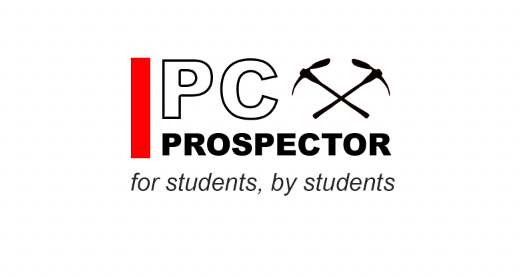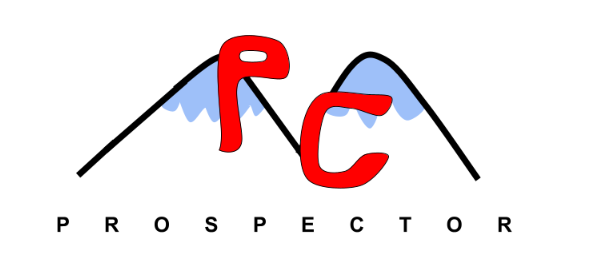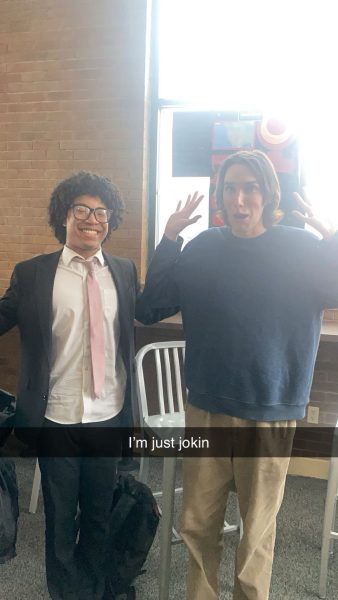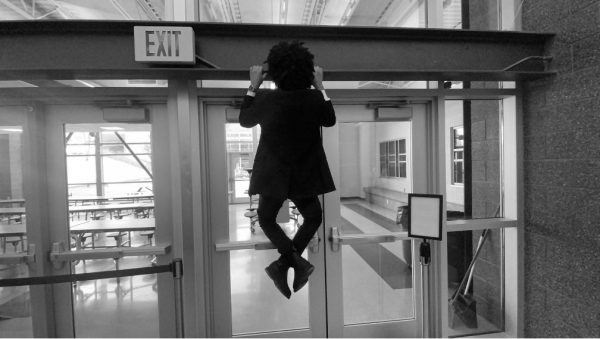The Book Banning Debate
From history, we can see that restricting new ideas in schools is often bad for education. The Scopes Trial is an example of this. If you’re unfamiliar with this infamous trial, it went like this: Thomas Scopes—who wanted to tempt a recent law that forbade teaching anything that denied divine creation—taught the Theory of Evolution to a class of high school students. The state sued, and the state of Tennessee court found him guilty. He appealed to the Supreme Court, was denied, and was forced to pay a one-hundred-dollar fine–that’s a lot of money for 1925–for violating the law.
Since history is doomed to repeat itself, a new state bill sponsored by Rep. Ken Ivory, H.B. 374, intends to restrict content available to students. Content can be restricted based on what is considered indecent or pornographic by the school community, whether it’s found in the curriculum or in the library.
In Canyons School District, local parents are targeting nine books for removal from the school curriculum and library for containing “pornography.” But the line of what is and isn’t pornography is hard to define. As Justice Potter Stewart said in his 1964 concurrence,
I shall not today attempt further to define the kinds of
material I understand to be embraced within that shorthand
description [“hard-core pornography”], and perhaps I could never
succeed in intelligibly doing so. But I know it when I see it.
In Canyons, all nine of the books targeted by the Canyon parents contain sensitive material, according to an article from The Salt Lake Tribune. Vladimir Nabokov’s 1955 classic “Lolita” is targeted for containing pedophilia. Toni Morrison’s “The Bluest Eye” is targeted for explicit material and graphic language. Maria Kobabe’s “Gender Queer” is targeted for containing graphic pictures.
Now, if we went by the general definition that I found through little-to-no research, of course these books should be banned! But it is the job of the accuser to read into the context of these books. I have not read the books, so I can’t have an opinion on whether they are or aren’t pornography.
As it turns out, the accusers reporting these books don’t read them either. In a message sent to the Liberty Lake Library Board, Erin Zasada–a parent from Liberty Lake, Washington–reported “Gender Queer” to the library board for being inappropriate. She admitted to not having read the book in its entirety, but she determined it to be pornography due to a scene in the book that contains sex.
Suppose I edit a film to contain nothing but its sex scene and show it to you. Had you not seen the film in its entirety you’d reasonably assume it’s a porno, right? Well, that’s what Zasada did. She simplified the context of the book to a single scene.
Erin’s argument was, “I am fighting for the kids who don’t have parents protecting them.”
Just as it was the white man’s burden to tame the uncivilized, it’s now the parent’s burden to censor for other parents’ kids? I’m being ironic, of course, but my concern is that parents are taking culture from school libraries. I recognize that no one uses the school libraries, and I recognize that most students just read the SparkNotes, but it sets a precedent for education that I’m not convinced is entirely wholesome.
In Arthur Miller’s The Crucible–a book I’m sure could get banned for containing violent material and sexual themes–John Proctor, the book’s protagionist, asks, “Are all accusers holy?” Are these parents entirely holy? Are their intentions really about protecting kids? There’s a common theme in all of these books: they all contain progressive material. Each of the books is in some way about LGBTQ+ or racial issues. This makes me think that perhaps this banning is politically motivated instead of the moral high road that they claim to be taking.
I’m fine with parents meddling with what their kids have access to, but I’m afraid of integrating parents into the educational system. I can’t see a world where their personal politics and opinions don’t have sway on a book being denied or an educational standard removed.
It’s important for young adults to read and learn harsh things. Without it, I’m afraid that students will be raised to be sensitized fools and will remain sensitized fools. Any form of adolescent inspiration will be unavailable.
All of Hemmingway’s work contain sex, but does that make it porn? I don’t think so. If the intent of the book is to tell a story, then who cares if there’s sex? But if a story is intended to only be porn, ban it!
Of course, we run into the problem of who should define what is and isn’t intended to be porn, and I don’t have an answer. All I can tell you is I trust the people within the school districts to define it more than I trust parents.







